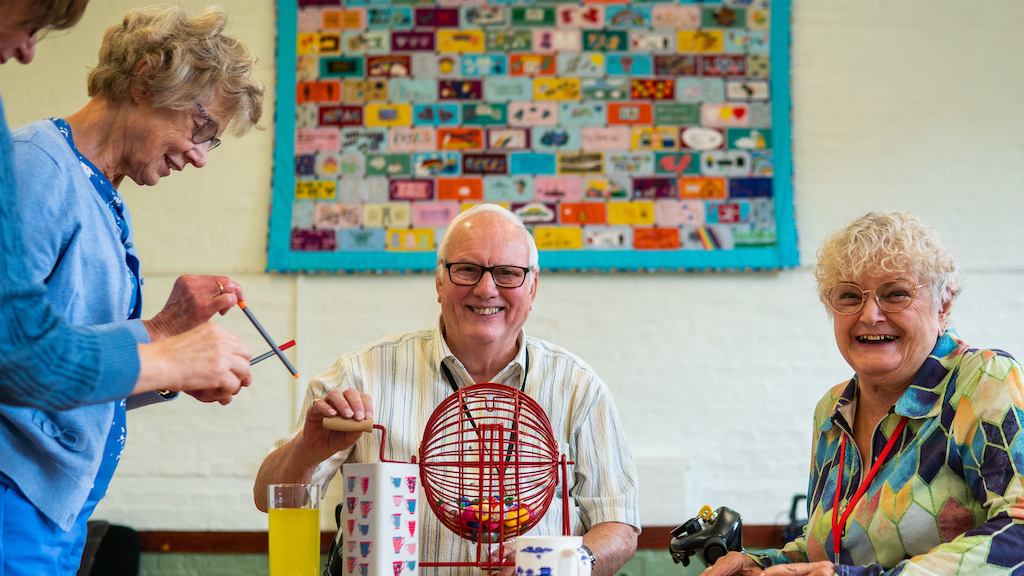A changing population
During the Age-friendly Futures Summit, we heard from Kathyrn Dykes, Consultant Psychologist for Greater Manchester Mental Health, who gave a detailed account of the demands on older people’s mental health and why there is a need for an appropriate response from health and care professionals.
She said that there should be a renewed focus on mental health and more resources, for older people, leading to a better quality of life. And these resources should be directed to the areas of greatest need.
Kathryn also explained the need for the NHS, ONS and central and local government to systematically collect and share data on the health and care needs of older adults.
The Chief Medical Office Annual Report of November 2023 reflected on the enormous disparities between those who have good physical – and mental health – in older age.
For many, older age presents difficulties that can impact dignity, independence, and the ability to fully engage in life.
The report concluded that alongside physical health problems associated with older age, such as arthritis, cardiovascular disease, sensory loss, lung disease, and dementia, there is now more awareness of mental health problems.
And the manifestation of common mental illnesses, such as mixed depression and anxiety, can present differently in older adults. The report emphasised the importance of improving interventions for older adults and thereby improving the quality of life of many.
Mental Health in Later Life Report by the Centre for Mental Health
The session also featured an outline of the 2024 report by the Centre for Mental Health, which included a focus on the discrimination that older people face – both at an individual and systemic level. There are many ageist assumptions about older people and mental health, but early intervention can make a positive difference as can looking at older people’s lives holistically.
Some of the complexities that are inherent to older people’s lives should also be considered when help and treatment are offered. For example, many older people have caring responsibilities while loneliness and social isolation should also be considered.
Older people’s needs are the same – but also different
Many older people with mental health challenges are less likely to be offered talking therapies, but they are more likely to be responsive to treatment.
Often older people have different perceptions of mental health, and they are more vulnerable to stigma and ageism. Older adults have different social and relational needs in relation to mental health which are often overlooked, particularly when there may be cognitive impairment with residents in care homes.
What’s happening in Greater Manchester
In Greater Manchester there has been increasing involvement of older people in the service design and delivery of mental health services with funding directed towards Mature Minds Matter and other groups and organisations.
A pilot project has been launched to develop paid peer roles for older people in mental health services along with explicit expectations of parity of access.
A campaign raising the awareness of suicide and self-harm, called Don’t brush it under the carpet, was launched while another project focuses on developing better understanding of the needs and service offer for older people with eating disorders.
The work of Mature Minds Matter is ongoing and shows what positive action can be achieved when the mental health of older adults is treated as a priority.
